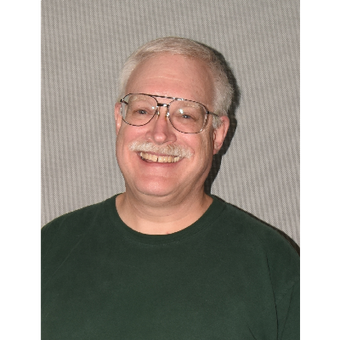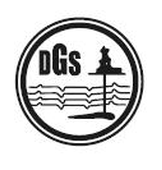April Luncheon - Forensic Data Processing by Joe Dellinger
Event Details
The Talk:
Forensic data processing – Revealing your data’s hidden stories
Presented by Joe Dellinger
BP, Houston, Texas, USA
Abstract:
We are asking for more and more from our seismic data: more efficient acquisition, broader bandwidth (both high and low), sources that are more environmentally friendly (i.e. quieter), accurate amplitudes for AVO and 4D. Acquisition and processing are undergoing a revolution to support these needs. New developments such as simultaneous sources, ghost-free sources, broader-bandwidth sources, continuous recording, and new kinds of sensors are already in use, and well on the way to becoming routine. It is a good time to take a step back and investigate what really goes into our data. What does that string of numbers you are using to make your images really mean? What units is it in? Is your source actually doing what your modeling predicts? How repeatable is it? What noise is hiding in your data that you don’t know about? If you knew about it, what might you do differently to take advantage of newly available sensors and processing techniques? I will examine ocean-bottom seismic data because it’s by far the cleanest data we’ve got, and hence the most amenable to careful analysis. However, this “forensic” approach to data analysis should have broader applicability.
The talk will have three parts: 1) What is your source really doing? 2) What does the background noise in the data look like? and 3) Can we do anything useful with that background noise? The goal of the talk is to start you on the way to becoming a data connoisseur, instead of merely an indiscriminate consumer. The talk will be example driven for a broad audience, however I will also have tutorial sections that I can include for academic audiences wanting to dig deeper with a longer talk.
Mr. Dellinger's Biography:
Joe Dellinger was born in the SEG home town of Tulsa, Oklahoma, and learned to ride a bicycle in the Amoco Tulsa Research Center parking lot. Joe’s father Tom Dellinger led a research group at the Mobil Field Research Lab in the 1970’s-1980’s. His team coined the term “Extended Reach Drilling” to describe to management what it was they were doing. Given this background, it is not surprising that Joe majored in Geophysics at Texas A&M. He received a PhD in 1991 from Jon Claerbout’s Stanford Exploration Project. He then did a 3-year post-doc at the University of Hawaii before joining Amoco in Tulsa in 1994. He moved to BP in Houston in 1999 and has worked there since. In his career he has specialized in Anisotropy, multi-component algorithms and processing, and most recently “looking for useful information in data that would normally be ignored”, i.e. “Forensic data processing”. This has included studying the 2006 “Green Canyon” earthquake, investigating how the Valhall Ocean-bottom-cable array might be used between seismic surveys, and characterizing sources and noise in deep water ocean-bottom-seismic Gulf of Mexico data so that we might process it better.
Joe was awarded life membership in the SEG in 2001 for his services in helping the SEG to successfully adapt to the internet age. Joe’s hobbies include attending the Houston Symphony, photographing birds, recording frog calls in the swamps around Houston, and astronomy at the George Observatory, which is located an hour’s drive southwest of Houston. Asteroid “78392 Dellinger” was named in Joe’s honor.

When
Location
- Brookhaven College, 3939 Valley View Lane, Farmers Branch, TX 75244, USA

